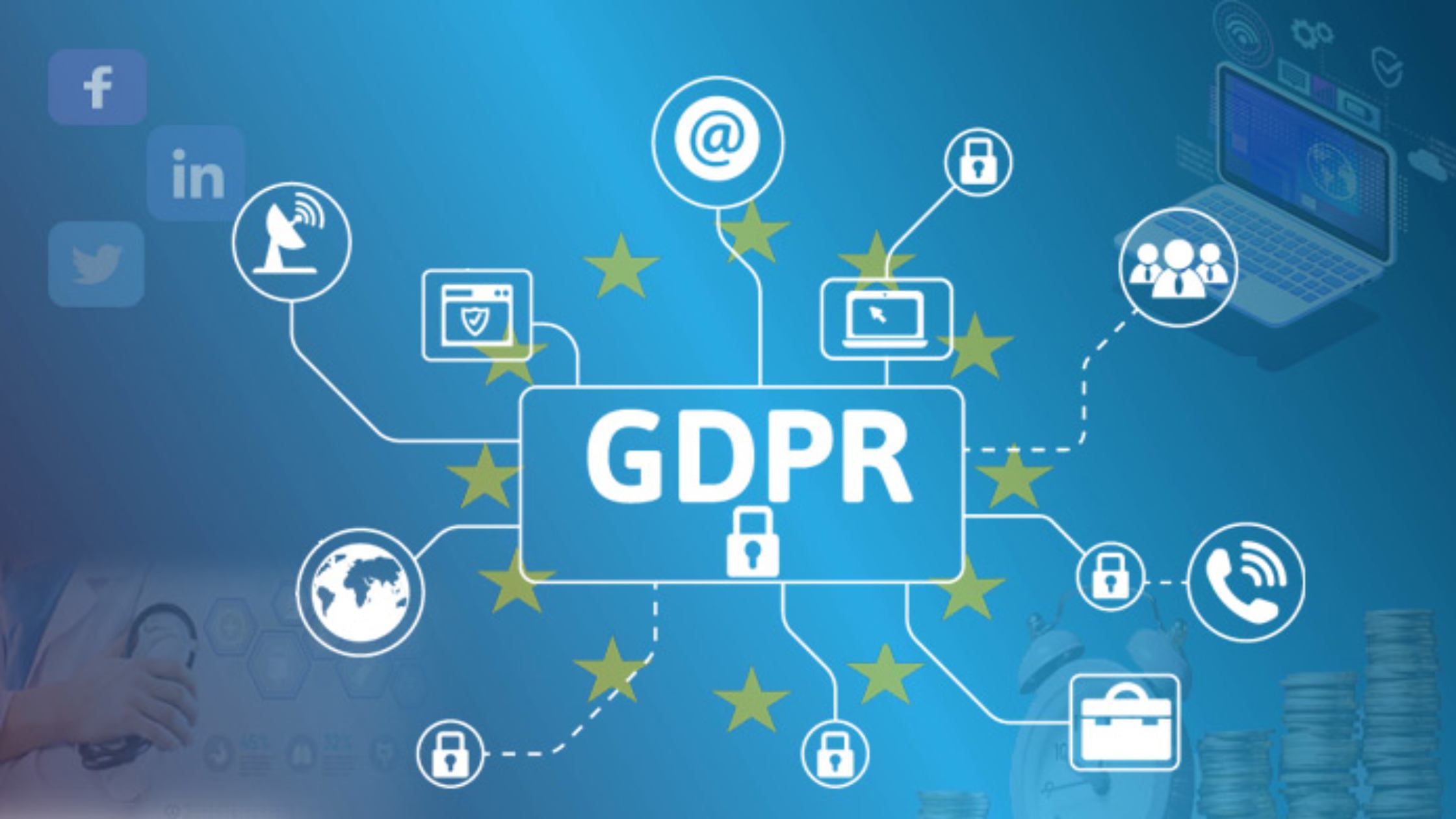Are you current regarding GDPR compliance requirements? There’s no need to be however it’s possible to be overwhelmed by the complicated and ever-changing GDPR regulations. It’s all about data security. This includes providing customers with control over their personal data and making sure that they are safe in the storage of data. If you’re new to GDPR, or want to know more about the requirements from organizations around the world.

HIPAA is an acronym that should be well-known to healthcare professionals and companies that handle personal data. HIPAA (Health Insurance Portability and Accountability Act) is a US law that regulates the sharing and processing of patient’s health information. GDPR (General Data Protection Regulation) is a directive that was issued by the European Union (EU). It applies to all companies processing personal data of EU residents. Although these regulations could have different objectives however they all have the same objective: protecting the privacy and security of personal data.
Important reasons to comply with GDPR and HIPAA
In many ways, compliance with HIPAA/GDPR is crucial. First, it protects private information from unauthorized access or disclosure, misuse and alteration. Healthcare providers, for instance, deal with sensitive medical information that could lead to fraud or identity theft. Businesses that handle personal data, such as names, addresses, email addresses and any other information that could lead to identity fraud, scams or phishing are subject to the GDPR.
These laws are legally obligatory. HIPAA regulations are applicable to those covered by the law, such as healthcare providers, health plans, or even healthcare clearinghouses. HIPAA violations can lead to civil penalties, criminal charges and damage to a healthcare provider’s reputation. The GDPR applies to all businesses handling personal information of EU residents, regardless of place of operation. Non-compliance may result in severe fines , or even legal action.
These rules are essential in helping establish trust between the customers and patients. Patients and customers expect privacy and security when handling their personal information. Compliance with HIPAA or GDPR regulations will show that the company cares regarding data security and privacy.
HIPAA and GDPR Compliance: Key Requirements
HIPAA Regulations and GDPR have several requirements that businesses should be aware of. For HIPAA covered entities, covered entities must ensure the integrity, confidentiality and accessibility of electronic protected health information (ePHI). This includes implementing physical, technical and administrative safeguards to safeguard ePHI against unauthorized access, disclosure, or use. For potential security breaches or incidents the covered entity must have procedures and policies in place.
GDPR requires individuals to give explicit consent to organizations collecting and processing personal data. Consent must be freely given explicit and informing. The consent must not be vague. Business must also provide people with access to their personal data to rectify and delete the data under GDPR. Companies must also take appropriate measures in terms of technology and organization to protect the security and confidentiality of personal data.
HIPAA and GDPR Compliance: Best Practices
Businesses must follow best practices to be in compliance with HIPAA/GDPR regulations. A few best practices are:
Risk assessments must be carried out frequently by companies to evaluate the threat to the integrity, confidentiality, availability, and security of personal data. This will enable you to recognize weaknesses and implement the right security measures.
Establishing access controls only authorized employees should be granted access to personal information. You can use strong passwords, multifactor authentication and access controls that are based on the principle least privilege.
Training employees: Regularly scheduled training is required for employees about data privacy. This can help prevent accidental or intentional data violations.
Incident response strategies should be put in place by companies in order to prevent security breaches as well as incidents. This could involve setting up a response group and communicating regularly with them.
HIPAA and GDPR compliance are essential for businesses that handle personal data. These laws help safeguard sensitive information from unauthorized access, disclosure, and misuse. They also show the company’s commitment to data privacy and security. Companies can adopt the best practices, for example, conducting risk assessments, using access control, training employees and creating incident response plans to make sure that they are in compliance with the regulations.
For more information, click GDPR compliance